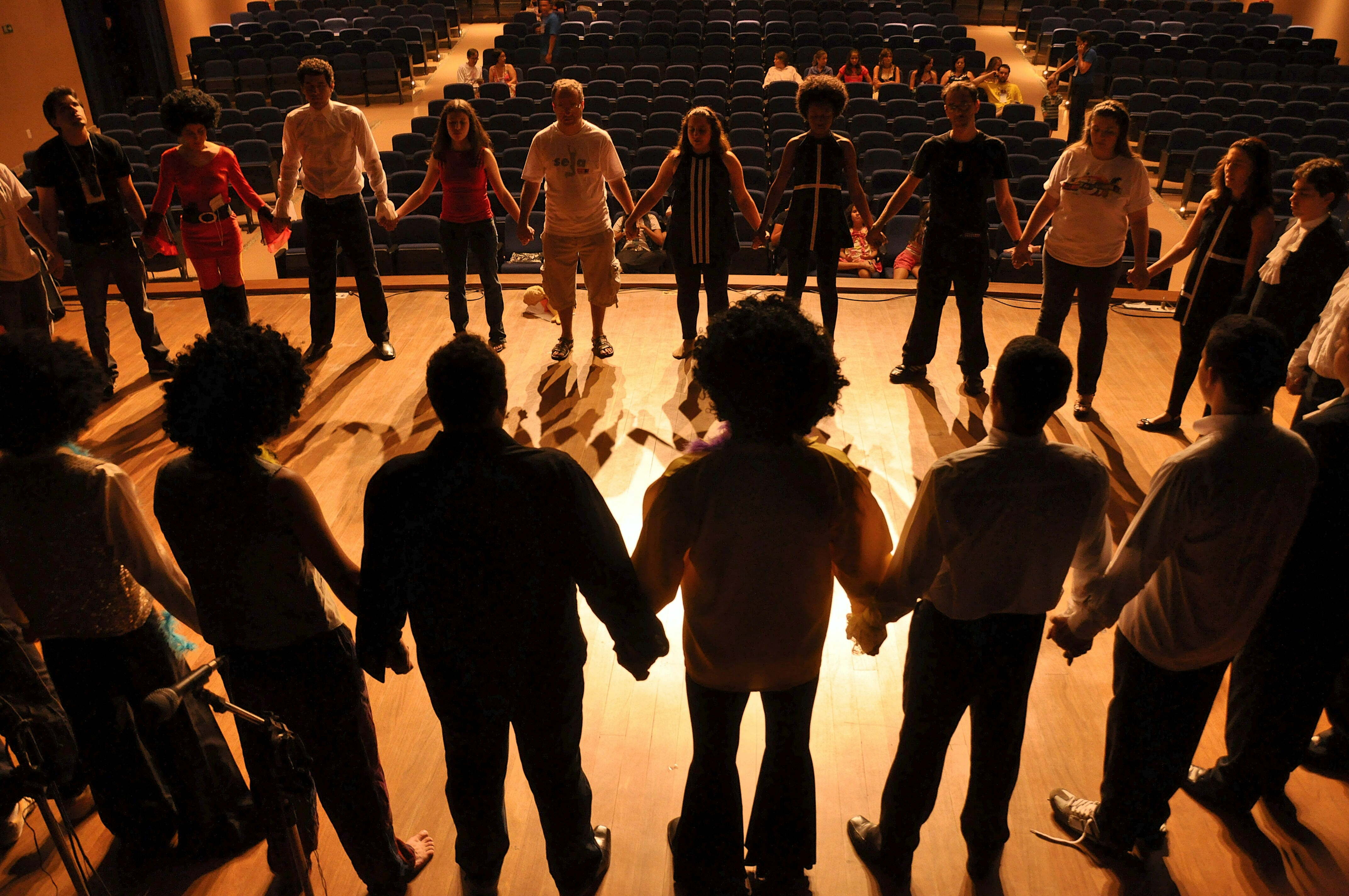European Journal of Theatre and Performance, Issue number 2 – Deadline : 20 July 2019
European Journal of Theatre and Performance
Call for Proposals
Past, Present and Future of Creative Processes in European Performing Arts
Issue Editors: Lorenzo Mango, Sophie Lucet, Luk Van den Dries
Multi-diversity is undoubtedly one of Europe’s main characteristics. As the differences between cultural, political, economic and social identities in Europe are often stronger than the forces that unite, Europe remains a fragile construction that is constantly in need of critical revision. However complex and challenging the diversity at the core of European commonality may be, it is also an expression of tremendously rich and multi-layered cultural traditions that, even when they are anchored in the past, continue to dialogue with the present.
Diversity is also a common characteristic of European theatre, but for this issue of the European Journal of Theatre and Performance we attempt to examine diversity from a methodological rather than an aesthetic point of view. Europe has been, and continues to be, the laboratory of many innovative forces in theatre history, which time and again challenge aspects of dominant theatre systems, be it actor-training, playwriting, technological innovation, rehearsal methods, the rise of the director, collaborative working methods, the distribution of performances via festivals, etc. ‘Every production forms its own method of work’, the dramaturg Marianne Van Kerkhoven once wrote. As such, the diversity of the European theatre stage is intimately linked to its variety of working methodologies, and it is precisely these varieties that guarantee the flexibility and mobility of European theatre for the future.
This second issue of the European Journal of Theatre and Performance focuses on the ‘genetics’ or creative processes of theatre, or on what Marco De Marinis calls ‘seeing-making theatre’. Genetic research in the performing arts began to grow roughly from the mid-eighties under the impulse of Almuth Grésillon and many others and slowly emancipated from its older sister critique génétique or genetic criticism. Now the interest in creative processes and their documentation has widely expanded. For this issue the editors are primarily interested in essays that critically discuss working methodologies on all levels of the creative process: the dynamics and collaborative nature of rehearsals; the role and function of observers during a creative process; the documentation of the rehearsal process through notebooks, drawings, video, social media, shared file-servers, blogs etc.; strategies of artistic research as instruments of inspiration; the role and function of dramaturgy; the relation between theatre and labour, among others. More general issues regarding research into creative processes in the performing arts could also be addressed, such as the challenges of the processual nature of theatre performances for genetic scholars, or how local and international contexts (political, economic, societal) influence creative processes. As Milo Rau states in the Ghent Manifesto ‘Theatre is not a product but a production process’, and we want to chart in what sense this production process has been formulated in the past, how it is changing in our times and how much it reflects current debates about democracy, interculturalism, hierarchy, authorship and so on.
Topics may include, but are not limited to:
- Past and present methodologies of creation;
- Connections between the micro-world of creative processes and the macro-world of the larger institutional, social, intercultural, political and ecological environment;
- The documentation of creative processes: drawings, notebooks, notation, aural and visual forms;
- The links between methodologies of creation and political utopias;
- The production and transmission of embodied knowledge;
- Authorship and non-hierarchical ways of collaboration;
- Digital humanities and the development of technological tools for genetic research;
- Intermediality and its influence on the creative process;
- Co-creation process of theatre and (live) film;
- Historiographies of the creative process;
- Digital memories and archives of creative processes.
Proposals should be written in UK English, in MS-Word format and be between 600 and 700 words. Proposals must be based on original, unpublished work not under consideration for publication elsewhere. Please state in the proposal in which language(s) you intend to write the paper. If your proposal is accepted, you will be invited to submit a first draft of your article by 1 October 2019. Articles can be written in the language of author’s preference. However, at this stage of the development of the journal and EASTAP, we ask contributors to secure professional proof-reading for all articles written in languages other than English. Authors may also choose to publish their article in more than one language. Submitted articles will undergo a double blind peer-review process. The maximum length of the final article should not exceed 9000 words (including abstract in English and at least one additional language, references, a short note on the author, etc.).
Deadline for proposals: 20 July 2019
First drafts of accepted proposals: 1 October 2019
Final drafts: 20 December 2019
Publication: January 2020
Issue-related enquiries and abstract proposals should be sent to the issue editors:
